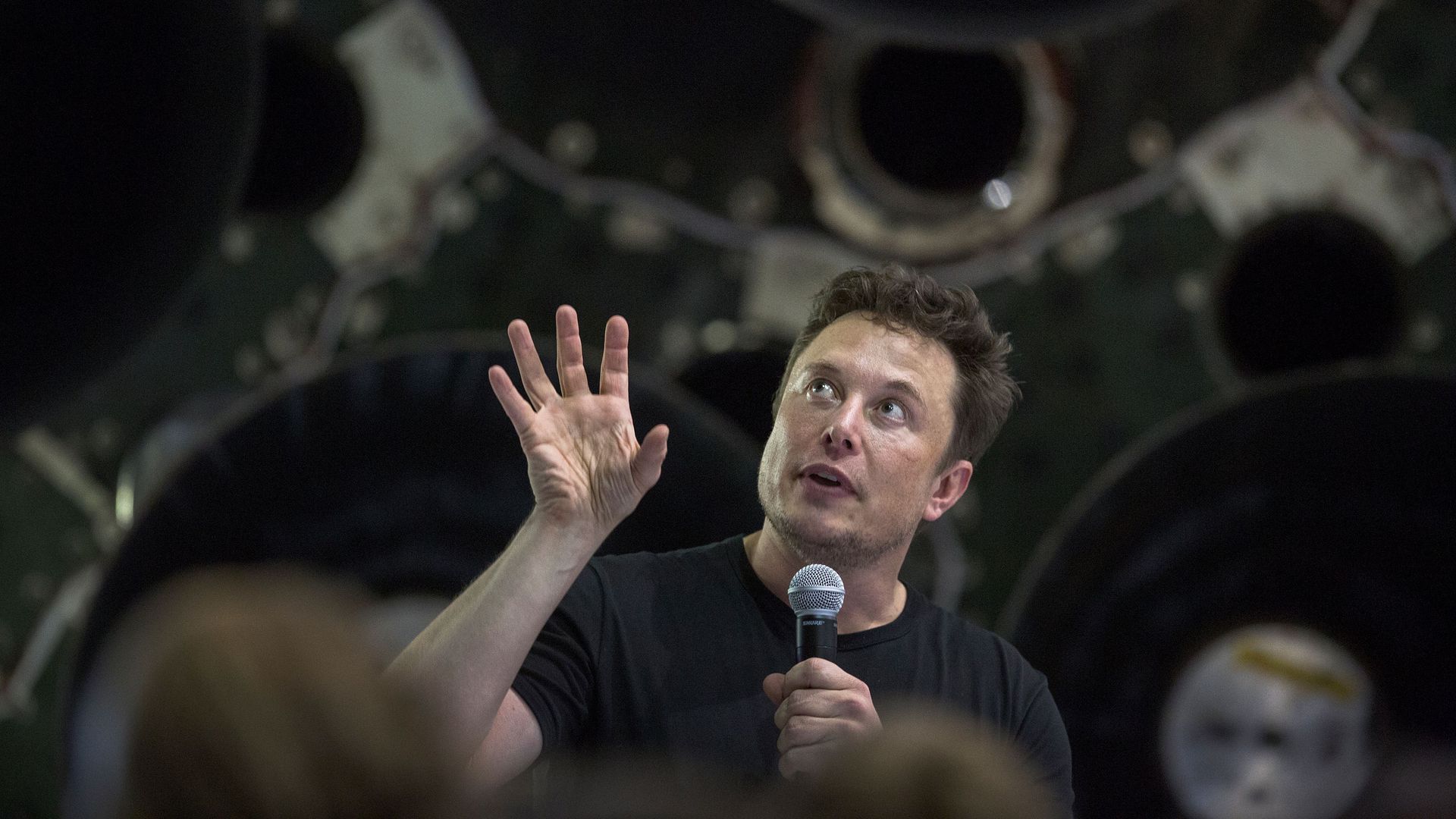SpaceX, an American private space exploration company founded by Elon Musk, is seeking necessary licenses to bring Starlink, its internet service into Nigeria.
This was disclosed by Ryan Goodnight, SpaceX’s Starlink Market Access Director for Africa, in a meeting with Nigerian Communications Commission’s (NCC) Executive Vice-Chairman, Prof. Umar Danbatta, last Friday in Abuja.
According to Goodnight, Nigeria has been identified as a critical market in Africa. Before the face-to-face meeting happened last week, SpaceX had been discussing with the NCC virtually over the past several months.
About Starlink
In 2002, Elon Musk founded SpaceX to revolutionize space technology and reduce space transportation costs. In 2020, the company expanded its efforts to provide satellite internet service: they called the product Starlink. As of March 2021, Starlink had more than 1,100 satellites in space.
Starlink is a low latency broadband internet system created to meet the needs of consumers in rural areas with low internet penetration across the globe. In simpler terms, it delivers super-fast internet via satellites to rural areas.
It is theoretically capable of delivering 150Mbps internet speeds to any place on the planet. All the customer needs is a clear view of the sky.
Cost and Competitors
Starlink is currently in beta, meaning not everyone can sign up. Its beta service comes with a price tag of $99 (~₦40,000) per month. There’s also a $499 (~₦200,000) upfront cost to cover the Starlink kit, which includes all of the necessary hardware: a small satellite dish, a router, power supply, and mounting tripod.
Credit: SpaceX
It’s worth noting that these rates are just for beta customers. Prices could change when the service becomes more readily available.
According to the company, over 10,000 customers currently have access to Starlink, with over 500,000 orders. It plans to expand into many service areas later in 2021.
Compared to existing similar internet plans in Nigeria which cost an average of $50, Starlink appears to be a more expensive option, except it introduces a different offering for the Nigerian Market.
With the Nigerian government’s plan to bring in 90% of its population online by 2025, it’ll be open to multiple avenues to bring this to reality. There are already a number of internet initiatives such as Facebook’s 2Africa, a $1 billion undersea internet cable for faster internet in Africa and Google and Econet’s partnership.
Starlink’s presence in Nigeria is exciting, but as we’ve seen from the Google Loon project, which was abandoned earlier this year, time will tell if it succeeds.




















